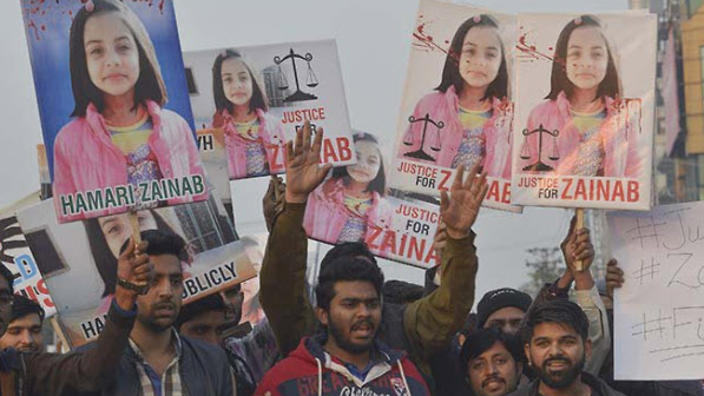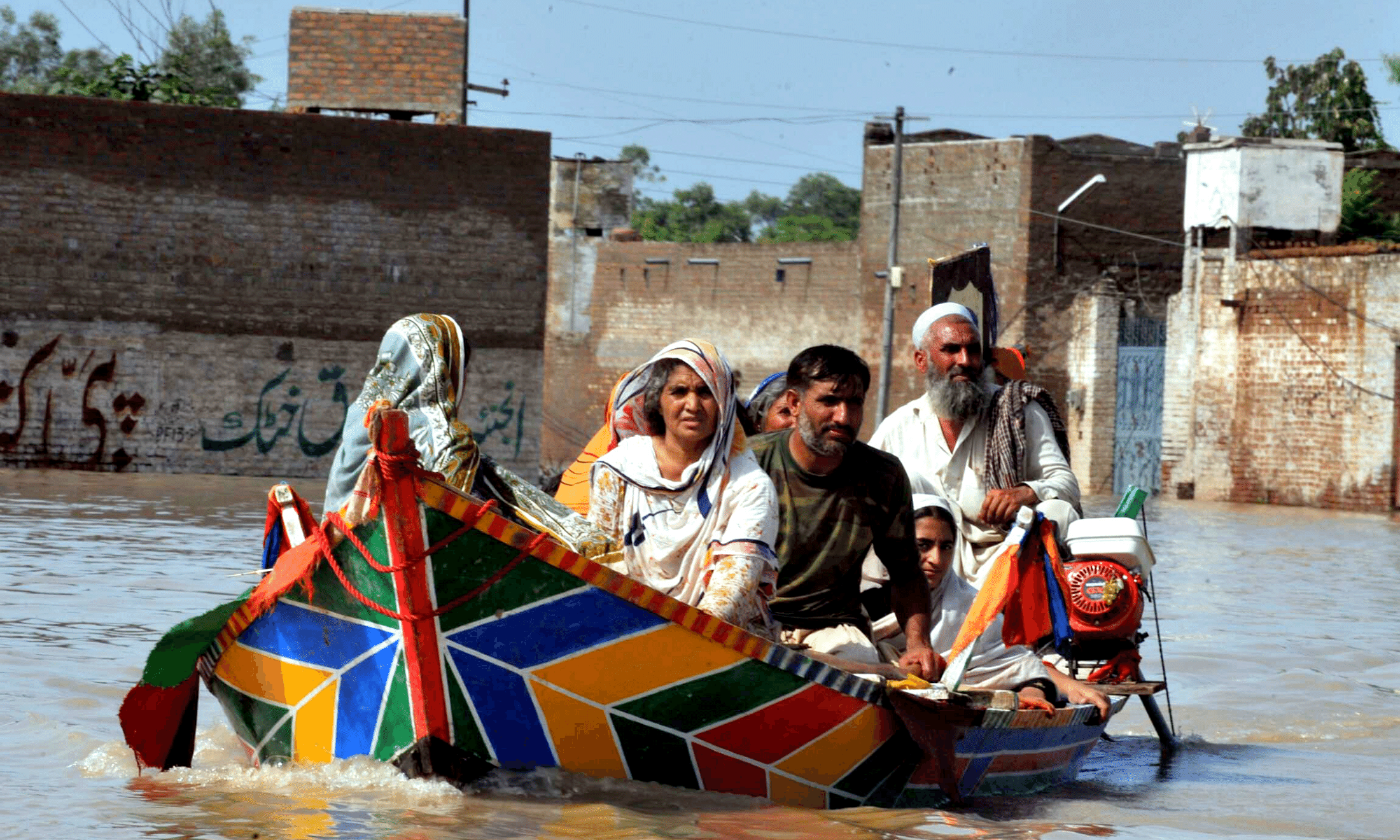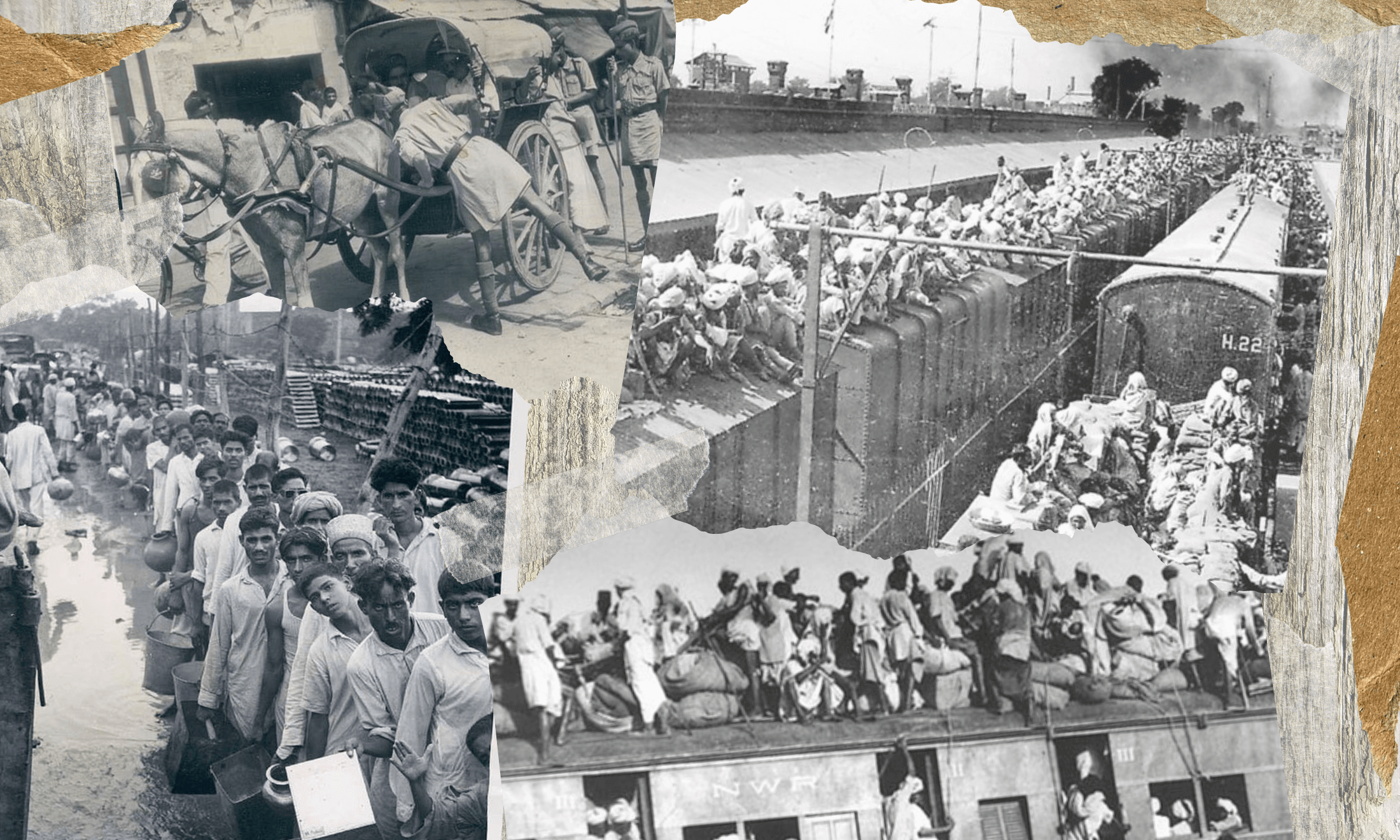
The deafening silence around child sexual abuse led to the murder of Zainab Ansari
Anonymous
26 Feb 2018
On 17 February a Pakistani anti-terrorism court sentenced a man to death for the murder of 6-year old Zainab Ansari.
In the last 12 months, the bodies of seven children have been found in the town of Kasur in Pakistan. On 9 January, the discovery of the latest victim, six-year-old Zainab Ansari, sparked a frenzy in the local area, which then spread across the country and beyond via social media. This was shortly followed by the sacking of Kasur’s Police Chief for gross negligence, and a ban on Zainab’s father from talking to the media.
I first found out about Zainab on Twitter, where I saw that #justiceforzainab was trending. Little more was known about Zainab’s death, other than that she was kidnapped, raped, strangled and dumped into rubbish by her attacker. Her death led to riots in the area, with locals lamenting the lack of progress made by authorities when investigating cases of rape and murder perpetrated against very young girls. By mid-January, two people had already died at the hands of the police, who attacked the protesters indiscriminately in a poor attempt at quelling the crowds.
“Why has Pakistan systematically failed to look after its women and children?”
The hashtag that now marks Zainab’s legacy is also symbolic of the 12 other similar murders that have taken place in the town of Kasur in the last two years, where young girls have been kidnapped, raped and murdered. It is easy to sit down with a laptop and type out the facts of the horrific incidents that have largely gone unnoticed over the aforementioned period of time. The difficulties lie in the questions that follow: why didn’t the police help Zainab’s family when they asked for it? Why have the murders of 11 other children gone ignored? Why has Pakistan systematically failed to look after its women and children?
Pakistan has failed to live up to the vision outlined by not only Muhammed Ali Jinnah – who founded the country and held progressive views regarding women and their rights – but by those who have an unwavering belief in the success of the nation. However, the patriarchal system that exists is one that is tarred with the blood of the marginalised, in this case; children.
It is a known fact that child abuse is a severe issue in Pakistan, with incidents being perpetrated in almost every space where a child is expected to be present: madrassas, the home, even the streets. Trying to decipher the factors which enable this is a complex issue, but one key element is the sexually repressive culture that Pakistan so tragically embodies, which chokes those who cannot defend themselves.
“Pakistan’s silent stance on sex has silenced each generation, leaving them unaware of their rights”
Sex, as many South Asian diasporic individuals will know, is a largely taboo topic in the household. Anything remotely related to the noun is switched off, terminated or demonised. The same goes for millions of Pakistani households, whereby children from an early age are both taught and yet not taught about sex – reminded that sex is haraam and that it is filthy, but somehow all without a word coming out of their parents’ mouth. Teachers aren’t much help either – sex education has virtually no place on the curriculum, as merely speaking about the matter is enough to have one’s character questioned (however a village school began to teach young girls about consent and their bodies back in 2014, funded by a foreign investor). Where does this lack of education leave the children of Pakistan? Without knowledge of consent and abuse. With no idea of whom to speak to about either, Pakistan’s silent stance on sex has silenced each generation, leaving them unaware of their rights and denying them the opportunity to speak out when they are being abused.
A 2016 survey showed a 10% increase in child sexual abuse cases, at a rate of 11 children becoming victims every day. This figure is the impact of policies and dangerous social norms in a country that has fought against the right to learn about a natural feeling – sexual attraction, pleasure and desire – and the connotations associated with it.
“Education would have gone some way towards teaching the perpetrator that girls are more than just a possession”
Zainab is a name that I hope will continue to reverberate within the minds of each and every Pakistani, as a painful reminder that things need to change. The culture of Pakistan is one that desperately needs to adapt in order to safeguard its young and inform them of their rights.
I’m not suggesting that the only reason why Zainab and her peers were raped and murdered was because of a lack of sex education in schools, but education would have gone some way towards attempting to teach their perpetrator that they were more than just a possession, something to own and ultimately destroy. Zainab’s murderer was a symptom of oppressive social norms, and Zainab a victim of their oppressive hand.
إِنَّا لِلّهِ وَإِنَّـا إِلَيْهِ رَاجِعونَ)
Inna lillahi wa inna ilayhi raji’un – “We belong to Allah and to Him we shall return”









